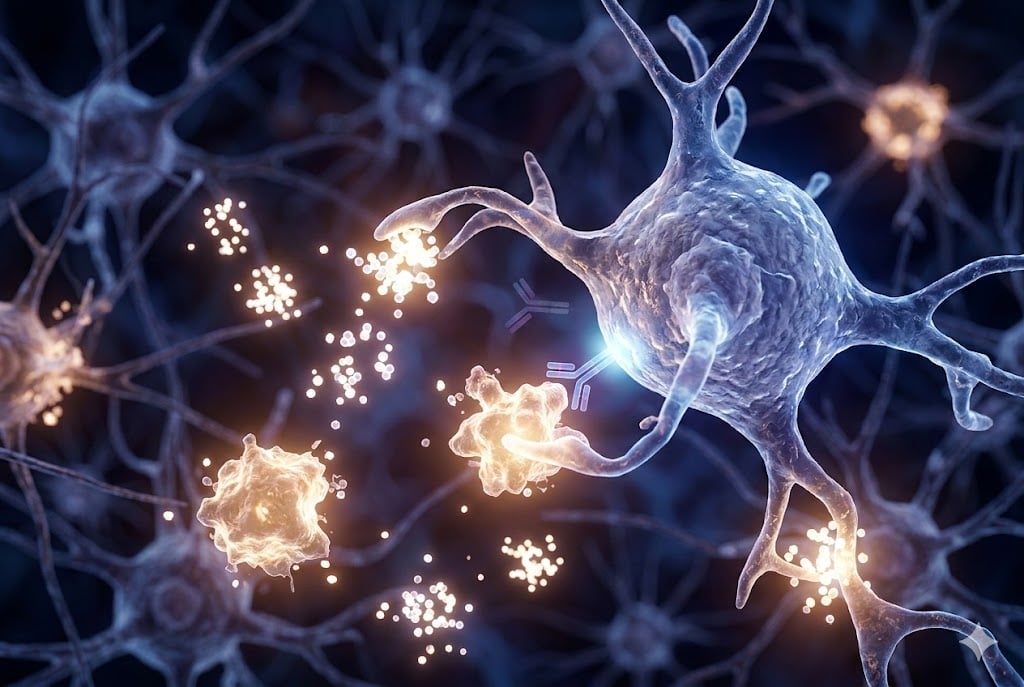
Handling Hallucinations in Alzheimer’s Dementia
A person with dementia can experience hallucinations when the regions of the brain responsible for interpreting sights and sounds are affected. Here are ways to deal with it.

A person with dementia can experience hallucinations when the regions of the brain responsible for interpreting sights and sounds are affected. Here are ways to deal with it.

When a hurricane hits Florida — or anywhere that has a very large population of people with dementia, there are special preparations that should be made by those living with dementia. Check these dementia-in-a-storm readiness lists.

In gardening, people with Alzheimer’s grow fresh plants along with better thinking. It’s a pleasant way to make things easier.

The co-founder of a caregivers’ organization introduces technology he has found helpful in caring for his grandmother with dementia.

When a hurricane hits Florida — or anywhere that has a very large population of people with dementia, there are special preparations that should be made by those living with dementia. Check these dementia-in-a-storm readiness lists.

In gardening, people with Alzheimer’s grow fresh plants along with better thinking. It’s a pleasant way to make things easier.

The co-founder of a caregivers’ organization introduces technology he has found helpful in caring for his grandmother with dementia.

People with dementia are enjoying yoga and dance classes at the Alzheimer’s Association. See why caregivers find the classes “EXTREMELY helpful.”
No spam, only news and updates.


